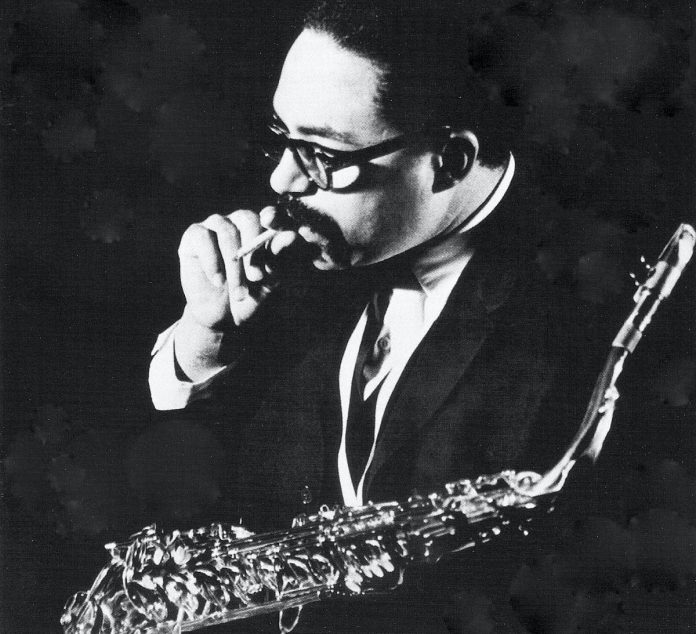It is a few weeks since I got the news of Booker Ervin’s death. It was very depressing, bad piece of news indeed. Booker, besides being a very dear friend, was actually one of the most influential musicians upon my own career in the past six years or so.
When you work in a club like Lennie’s-On-The-Turnpike, you play behind a lot of people and if you’re fortunate, people do spread the word about you and you tend to build up a little bit of a reputation. That’s all very much appreciated but when a person really goes out on a limb for you, you really remember this kind of thing.
If you do a jazz record and do 50 takes on a tune I don’t think that after five takes it is jazz anymore
And Booker certainly is the person who I’d have to say, above all others, really went out on a limb for me because after a week at Lennie’s-Out-On-The-Turnpike with him – and we had a ball socially, musically and every other kind of way – he mentioned to me, ‘You know, I’m supposed to be doing a record date pretty soon. I’d sure like you to make it’. Well, I’ve heard that story plenty of times from people. When you figure that I’m in Boston and there are plenty of good drummers in New York, plenty of all kinds of good musicians in New York, I expected that to be the end of it.
But sure enough Booker, a couple of months later, called up and said, ‘I’ve got a record date. You can come down and we’ll pay your transportation.’ This kind of commitment involves a person really putting himself out because he could have gotten just about any drummer in New York for scale and yet he actually thought that much of me to have me come down from Boston, to put up with the extra inconvenience of having to meet a train and take me over to Jersey from the Grand Central Station. That kind of thing was what Booker did for me.
And then the way he would go about his record sessions was always the way that I felt I would want to do jazz records. That is, if you do a jazz record and do 50 takes on a tune I don’t think that after five takes it is jazz anymore. By then you become so self-conscious of the things that you’re doing, the things that you did and the things that you don’t want to do and the things that you want to do and you haven’t done before, it’s much much too premeditated and too deliberate. Booker’s record sessions were joys in that respect in that always we would do only one, two or three takes maybe and that was it. And he was willing to stand up and be counted and he’d say, ‘Well, that’s the way I play and that’s the way we play. Go ahead and take it.’ And that’s the way I kind of feel about it. I would rather get the kind of enthusiasm and the spontaneity that happens in one or two takes than have the possibly musical perfection that we’re striving for – but which is never attained – I’d rather have that spontaneity rather than having the thing near perfect. I think that’s one of the good points about the Freedom Book and the whole series of Book records that Booker put out.
Booker was quite a family man too. Actually, that was one of the things that we spoke about during the first week we worked together. He said he was enjoying the playing and everything but then he said to me, ‘Boy, I miss my family’. I had him by my house and he was playing with my kids and it was kind of like a home away from home type of thing. He will definitely be missed by many people. But I can’t think of anybody I would miss more than I miss Booker.
I have mentioned Booker the person and Booker the family man. Obviously I must also mention the very individual style and tone that he had. It was a trademark that you could actually pick out and I think it was described on one record as a banshee wail. He had so many unusual kinds of things at his command. But for me it was the joy of a person who continually kept you inspired and yet who in the whole strength of his playing was still so very, very sympathetic and who actually reacted so much to what other people were playing.
He’s one of the rare people that I felt I could play with as long as I took care of my part, I certainly never had to worry about his part. I’m talking about how sometimes rhythms can throw a person off. With Booker it never would; Booker was able to just float on top of rhythms.
He was, without question, one of my favourite people and favourite players.
















